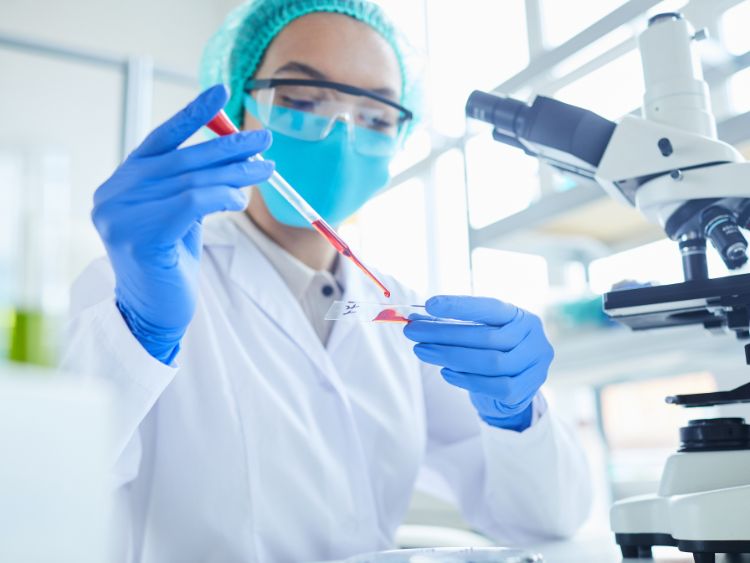In the world of fast-paced advancements in healthcare and forensics, “blood testing for drugs” has emerged as a cornerstone technique. This article dives deep into the intricacies of blood tests for detecting drugs, demystifying the science behind it, and shedding light on its importance and application in various fields. Let’s embark on this journey to understand the critical role of blood testing in ensuring safety, justice, and health.
Understanding Blood Testing for Drugs
Blood testing for drugs is a precise method used to detect the presence of illegal substances or prescription medications in an individual’s bloodstream. Unlike other methods, blood tests provide an unvarnished look into the current state of someone’s body chemistry, offering a snapshot of what’s happening inside.
Why Blood Testing?
- Accuracy: Blood tests are renowned for their accuracy and reliability.
- Timeliness: They can detect drug presence almost immediately after consumption.
- Versatility: Capable of identifying a wide range of substances, from alcohol to hard drugs.
How Does It Work?
The process involves drawing a small sample of blood and analyzing it using sophisticated laboratory equipment. This analysis can detect not just the presence of drugs but also the quantity, providing valuable insights into a person’s drug use.
The Importance of Blood Testing in Various Sectors
Blood testing for drugs plays a pivotal role in numerous areas including:
- Healthcare: For diagnosing substance abuse problems or monitoring prescription drug levels.
- Law Enforcement: Crucial in DUI cases or drug-related crimes.
- Employment: Many companies require drug testing for safety-sensitive positions.
- Sports: To ensure fairness and integrity by detecting performance-enhancing drugs.
The Process of Blood Testing for Drugs
Pre-Test Preparation
- Consent: Obtaining consent from the individual is a must.
- Collection: A trained professional collects the blood sample using sterile equipment.
During the Test
- Analysis: The sample is analyzed using techniques like gas chromatography-mass spectrometry (GC-MS), which can detect specific drugs and their metabolites.
Post-Test
- Interpretation: A medical review officer interprets the results, taking into account prescription medications that could affect the outcome.
FAQs
Q: How long do drugs stay detectable in blood?
A: It varies widely depending on the substance, but typically drugs are detectable for a few hours to a couple of days.
Q: Is the process invasive?
A: Yes, since it involves drawing blood, but it’s generally quick and causes minimal discomfort.
Q: Can blood tests detect alcohol?
A: Absolutely. Blood tests can accurately measure the alcohol content in the bloodstream.
Q: What about prescription drugs?
A: Yes, blood tests can detect levels of prescription drugs, which is important for monitoring therapeutic dosages or identifying abuse.
The Future of Blood Testing for Drugs
With technological advancements, the future of blood testing for drugs looks promising. Innovations like microsampling and portable analyzers could make these tests more accessible and less invasive, opening new frontiers in public health, law enforcement, and workplace safety.
Conclusion
Blood testing for drugs is a powerful tool in our collective effort to combat drug abuse, ensure workplace safety, and uphold the integrity of competitive sports. Its precision, reliability, and comprehensive detection capabilities make it an indispensable part of modern medical and forensic practices. As we move forward, continued advancements in this field promise to make drug detection more efficient, accurate, and accessible, helping to create a safer and healthier society.
In this comprehensive exploration, we’ve uncovered the critical aspects of blood testing for drugs, from its methodology and applications to the future possibilities it holds. Armed with this knowledge, individuals and institutions can make informed decisions that contribute to the wellbeing and safety of everyone involved.



